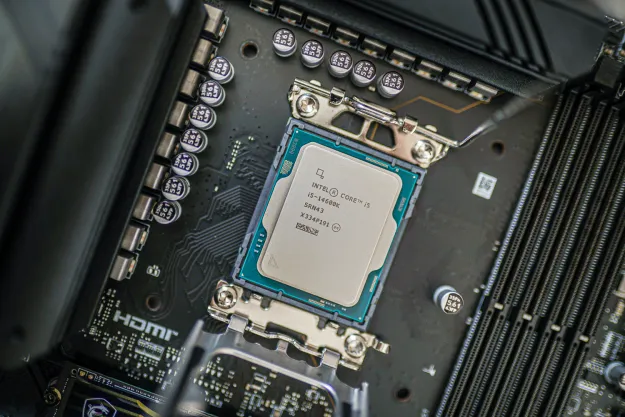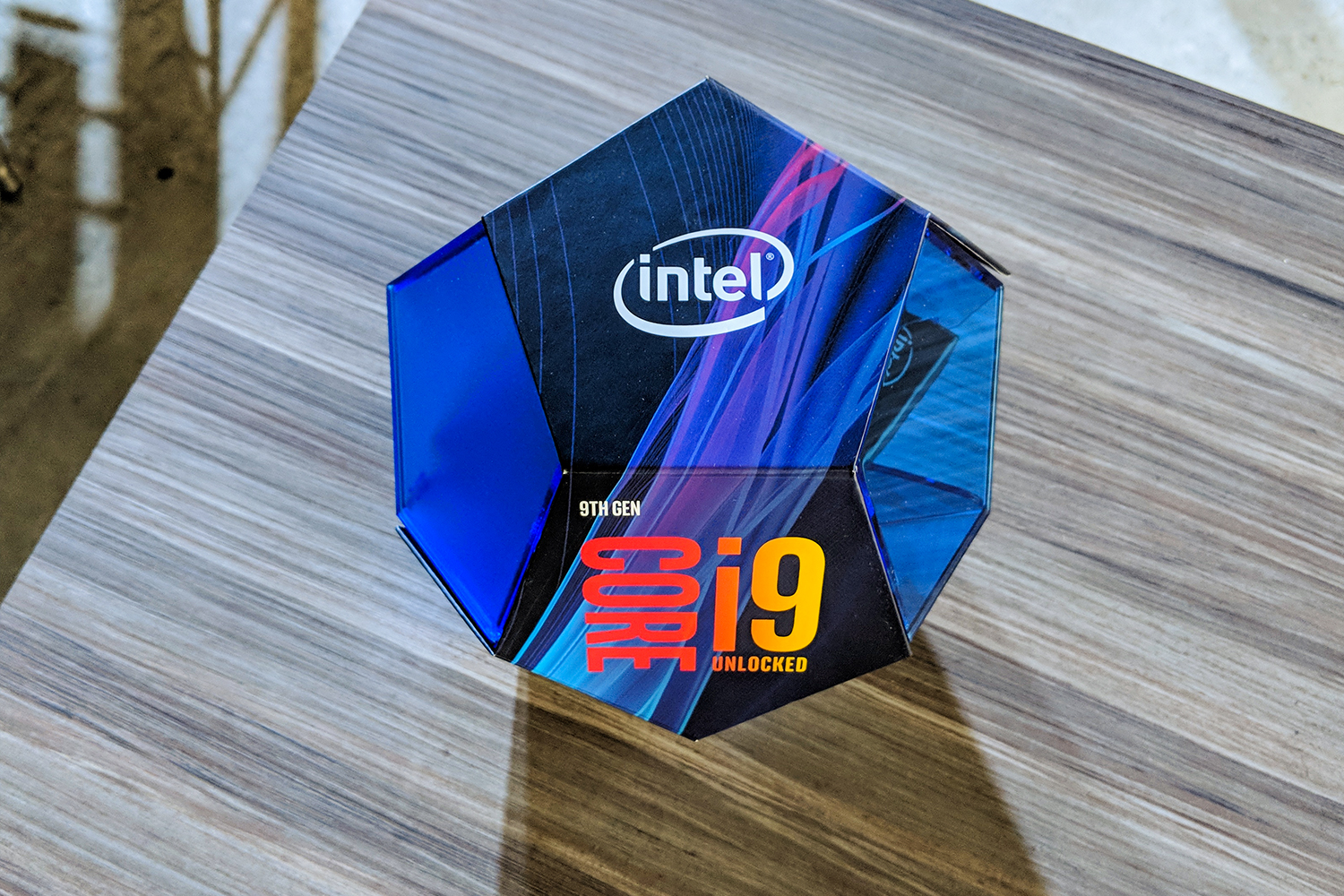
After many rumors, leaks, and anticipation, the first of Intel’s 9th-gen processors are now available for purchase.
The Intel Core i9-9900K processor is the star of the show for gamers, alongside some powerful, workstation-class options as well. Even so, Intel’s most recent generation of processors has only just begun. Here’s everything we know so far.
Price and release date
You can find the processors at varying prices, depending on where you are buying. You can find the Intel Core i9-9900K at BestBuy for $530. The Core i7-9700K, on the other hand, comes in at $410, and the Core i5-9600K at $280.
As for the workstation-class Xeon Processors, Intel noted that it would start shipping in December. The Core X-Series, on the other hand, did pick up some suggested pricing starting at $590 and also goes all the way up to $1,980. The difference in pricing boils down to base clock speed, the amount of core and threads, and the Smart Cache amount.
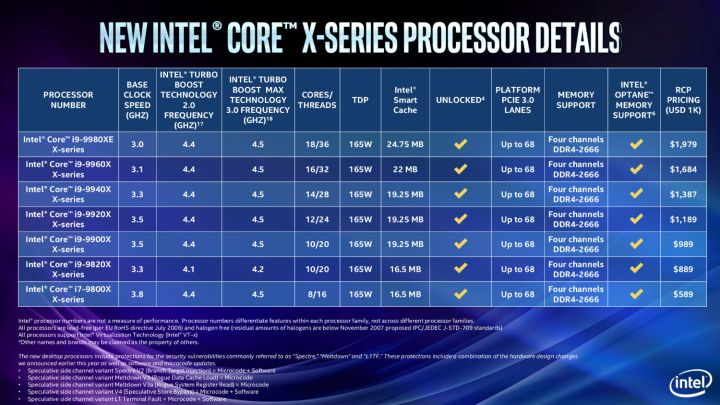
Desktop chips
Intel’s first 9th-gen Core desktop chips are built for gamers and desktop enthusiasts and the company is dubbing its 9900K as “the best gaming processor in the world” (it’s not necessarily the best Intel processor … an interesting choice of words). We’d agree with that sentiment. The Core i9-9900K is Intel’s first mainstream processor with a 5GHz Turbo Boost maximum, eight cores, and 16 threads. It also features STIM technology, which helps dissipate heat and allow for more thermal headroom when gaming.
The cheaper Core i7-9700K and Core i5-9600K still present good options, coming with eight cores and eight threads, and six cores and six threads, respectively. Those come with a slightly lower base clock speeds of 3.6 GHz, and 3.7 GHz, turbo boost of 4.9 and 4.6 GHz, and cache of 12 MB and nine MB.
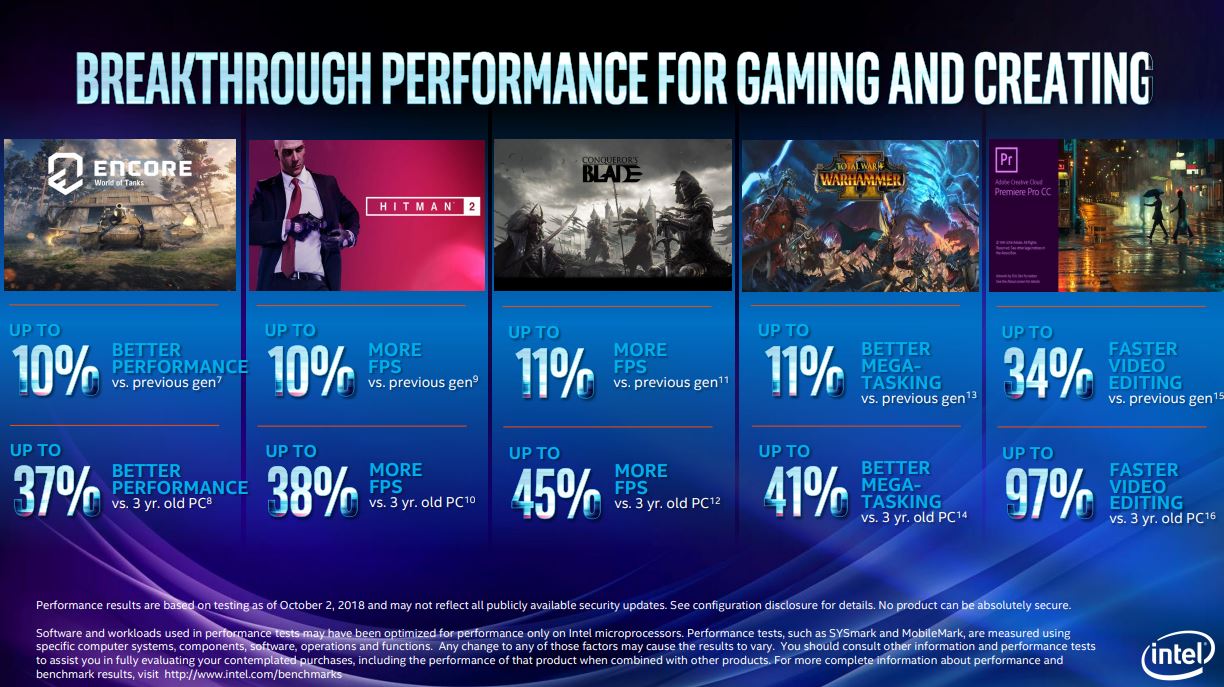
The specifications of the Core i9-9900K add up to results, with Intel claiming that gamers can expect up to 10-11 percent more performance and frames per second in popular PC games compared to the last generation. They also claimed that video editing in Adobe Premiere can go up 34 percent faster than the previous generation, though there was some recent controversy in testing up against the latest from AMD.
The processor is compatible with the new Intel Z390 chipset, and all Intel Series 300 chipsets. The new Intel X390 chipset includes high-speed integrated USB 3.1 Gen 2 and integrated Intel Wireless-AC with support for Gigabit Wi-Fi speed. Also, keep in mind that Spectre protection is built-in for the K-Series chips, but not the X-Series.
Mobile chips
Intel hasn’t made any official announcements about the mobile versions of its 9th-generation CPUs, but we do have some news on the topic thanks to rumors and leaks. Lenovo documentation spotted at the end of November for an upcoming IdeaPad S530 convertible laptop offered three choices of processor: The Core i7-9550U, Core i5-9250U, and Core i3-9130U. It had options for eighth-generation CPUs too, but the new ninth-generation chips are much bigger news.
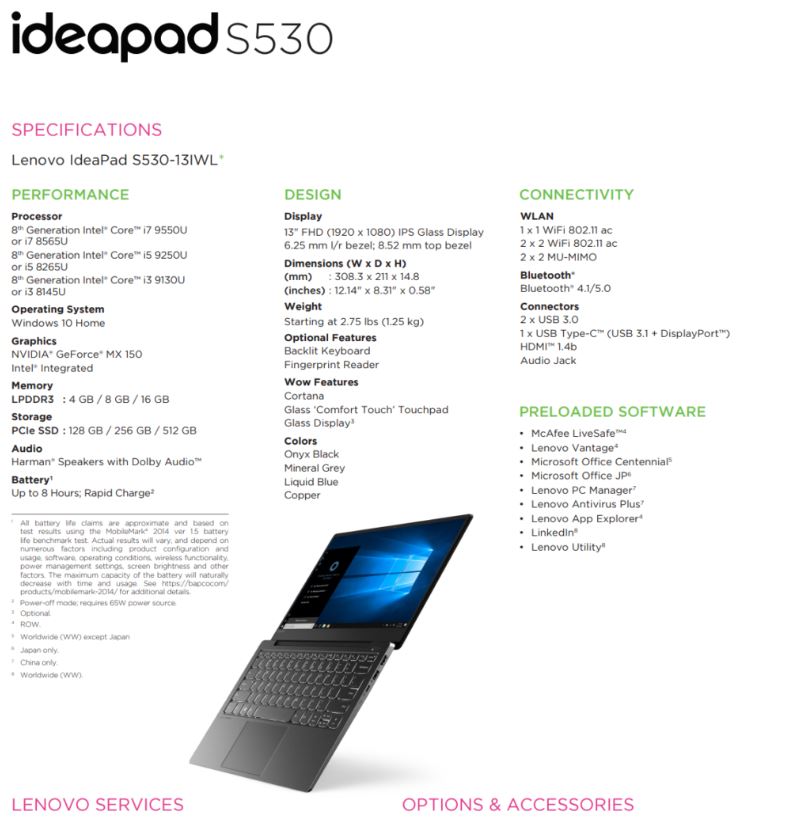
Although the desktop ninth-generation CPUs offered expanded core counts than generations past and made hyperthreading a Core i9 exclusive feature, we wouldn’t expect such changes with the mobile variants. They will likely offer higher clock speeds than their eighth-generation predecessors, but core counts will likely be limited to four for the Core i7 and Core i5 parts. Hyperthreading could improve performance for the i7 CPU. We’d also expect it to act as a major component of the Core i3 chip, which could offer just two cores but support four threads with hyperthreading.
This is all speculation at this point, but it’s in line with what we’ve seen in generations past and WCCFTech’s initial report made similar suggestions.
We’ve not heard anything on pricing or availability of these CPUs just yet, but they should simply slot in to existing and refreshed line ups of hardware to replace their eighth-generation counterparts. Expect official announcements in early 2019, perhaps at CES in January.
Benchmarks and performance
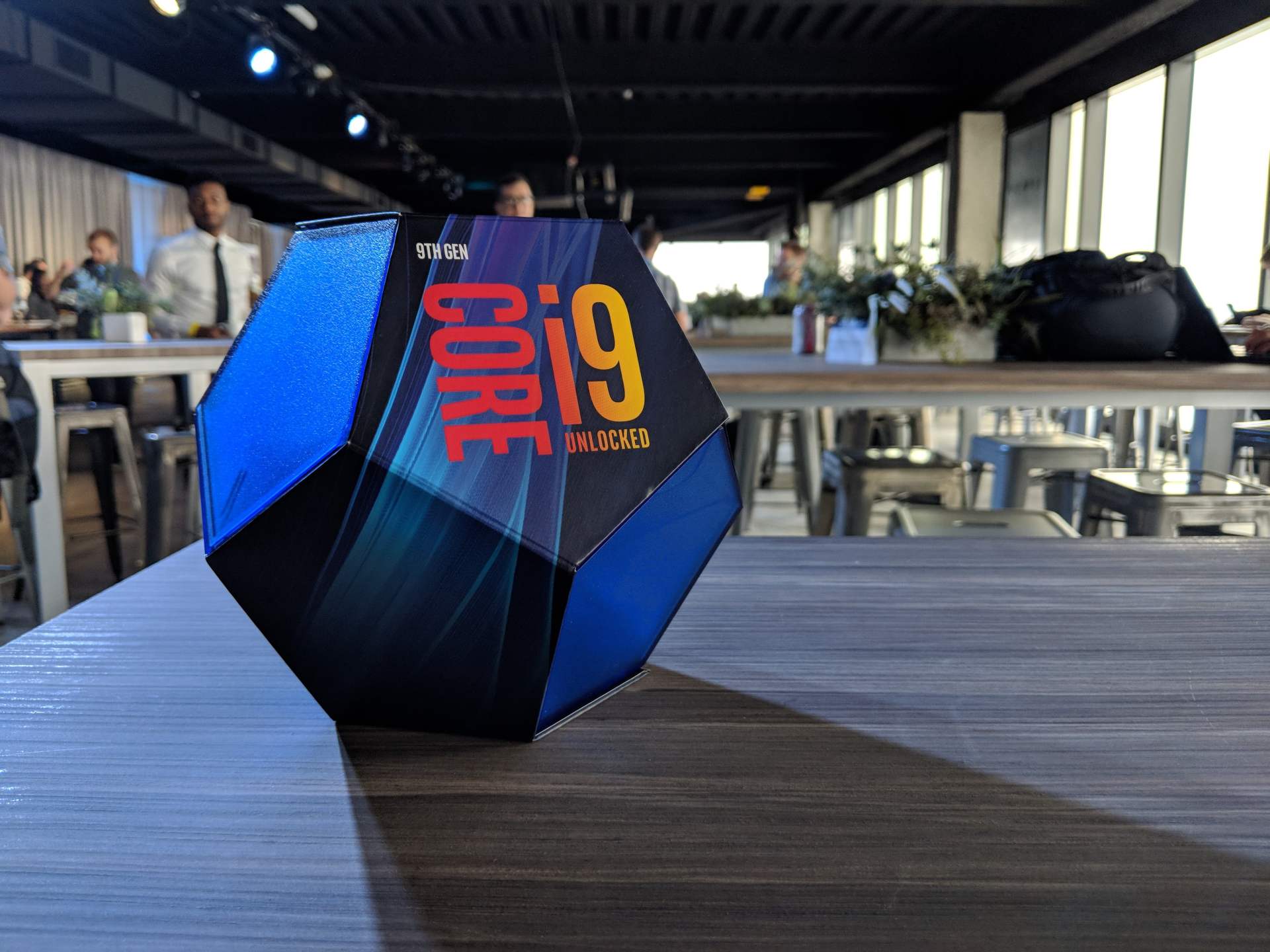
In our testing, the Intel Core i9-9900K with Asus’ new ROG Strix GL12CX desktop, we found that the results were record breaking for Intel. Put up against the Ryzen 7 1800X and AMD’s Threadripper 1920X and 1950X, the i9-9900K came up on top. And when compared to the last generation Core i7-8700K, the Core i9 matched single-core performance but saw a 25 percent increase in multi-core scoring.
Specifically, the Core i9 beat the Threadripper 1920X in multi-core scores by around 21 percent, with a 28 percent advantage in single core scoring. That was worse for the Ryzen 7, which fell 40 percent behind Intel.
Video encoding and gaming also impressed us on the Core i9 9900K. Our test system encoded a 4K video in Handbrake in just one minute and sixteen seconds— half the time of the AMD Threadripper 1920X. As for gaming, the Core i9-9990K outperformed the Threadripper 1920X by 40 percent in games like Civilization VI and Assassin’s Creed: Odyssey.
Editors' Recommendations
- Intel just launched the ‘world’s fastest’ CPU
- Intel may have a monster new CPU coming soon
- Intel’s new Core Ultra chips needed to be more than this
- Why the most powerful laptops of 2024 might not use Intel’s latest chips
- Some surprising details on Intel’s upcoming 14th-gen laptops just leaked

